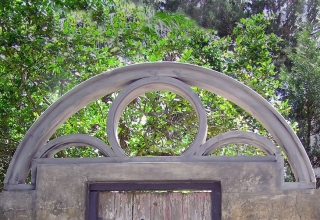
Moreover, the program had a series of objectives which facilitated the achievement of the mission:
- Each participant should be aware of her situation and what she was doing to improve it; further, each participant would commit to being “the leader of her recovery” and consider the health system “a resource at her disposal.” In consequence, the most frequent questions were: What can we do to improve our situation? or What practices can we introduce to….? which helped us see this generative mindset in action in our cohort.
- Participants would change the views that existed about their illness and about their future to more positive, generative perspectives. This was taken into account throughout all the conversations and actions carried out by the participants, including the naming of the program: Coaching for breast cancer sufferers during the recovery process.
- Participants would be able to use somatic and sensorial practices which help them to change their emotional, physical, and psychological perceptions of their condition, as well as to encourage and foster emotional and somatic improvement in the participants.
- The program would create a collaborative environment of mutual support and progressively transform the group into an experiential learning group with the clear goal of offering support among 22 participants.
- The program would create a means to sustainability. Participants were encouraged to become trainee coaches. In this way, in the future, the Foundation could welcome new patients and start the on-boarding process of new members efficiently though the support of women who had already been through the program. Many hours and a great deal of effort were invested to this end. What resulted was unexpected and astonishing: we observed that those participants who applied the coaching distinctions to other participants without getting emotionally involved, improved their own outcomes considerably.
During the first sessions, we taught many of the distinctions imparted by Newfield regarding ontological coaching, language, emotions, results management, centering, etc., . We will be eternally grateful to Julio Ollala for the courses.
We also used all the somatic coaching contributions which we were practicing in the Richard Strozzi-Heckler school of coaching. Additionally, we included other distinctions and practices based on tai chi, yoga and zen techniques. We leveraged practices which affected the sympathetic and parasympathetic nervous system as well as the vagus nerve. Here, we followed the interesting work that Stephen W Porges had published in 1994 on the reframing of reactions in the face of traumatic events.
Download Article 1K Club
















